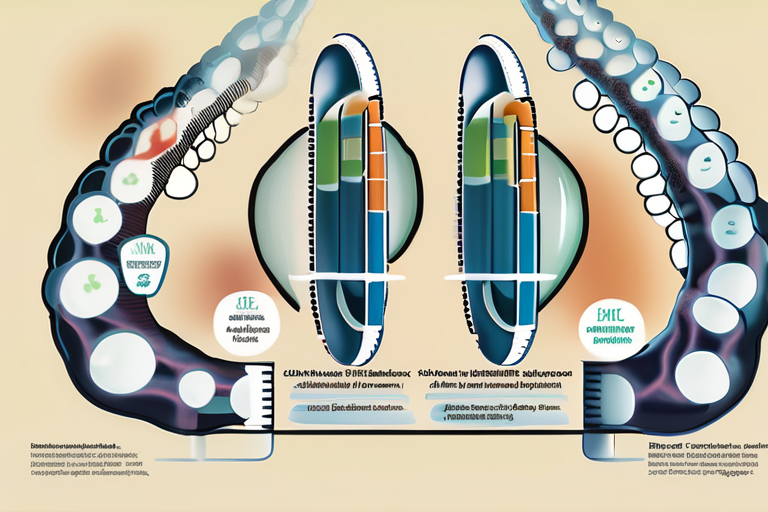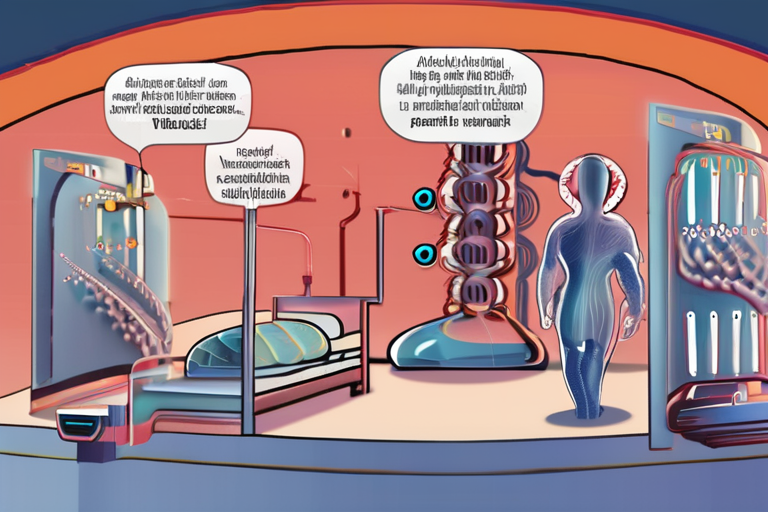Scientists Correct Groundbreaking Study on Mitochondrial DNA After Error Revealed


Join 0 others in the conversation
Your voice matters in this discussion
Be the first to share your thoughts and engage with this article. Your perspective matters!
Discover articles from our community

 Hoppi
Hoppi

 Hoppi
Hoppi

 Hoppi
Hoppi

 Hoppi
Hoppi

 Hoppi
Hoppi

 Hoppi
Hoppi

Mitochondria Expel Tainted DNA, Spurring Age-Related Inflammation A groundbreaking study has shed light on the mysterious behavior of mitochondria, the …

Hoppi

Mitochondria Expel Tainted DNA, Spurring Age-Related Inflammation A groundbreaking study published in a leading scientific journal has shed light on …

Hoppi

Mitochondria Expel Tainted DNA, Spurring Age-Related Inflammation A groundbreaking study published recently has shed light on the mysterious behavior of …

Hoppi

Corrected Breakthrough: Ribonucleotide Incorporation into Mitochondrial DNA Drives Inflammation A recent correction to a groundbreaking study published in Nature has …

Hoppi

Mitochondria Expel Tainted DNA, Spurring Age-Related Inflammation A groundbreaking study has shed light on the mysterious behavior of mitochondria, the …

Hoppi

Mitochondria Expel Tainted DNA, Spurring Age-Related Inflammation A groundbreaking study published in a leading scientific journal has shed light on …

Hoppi